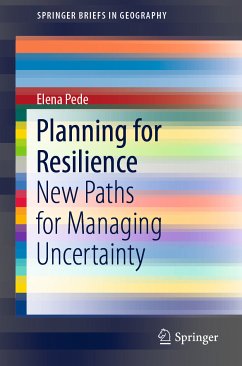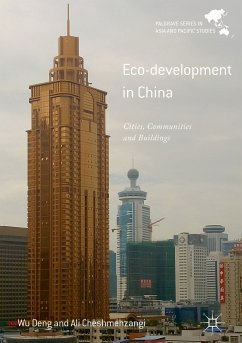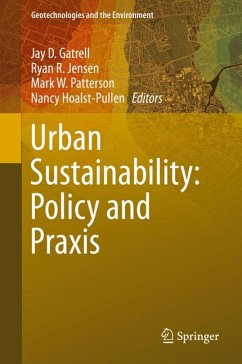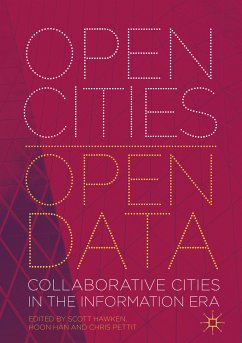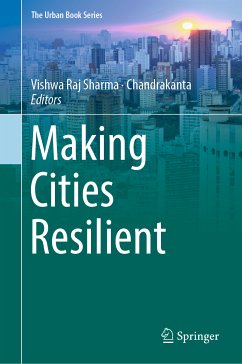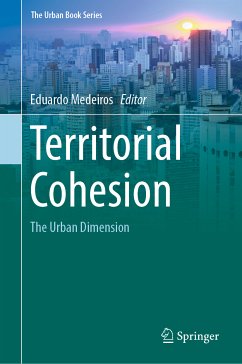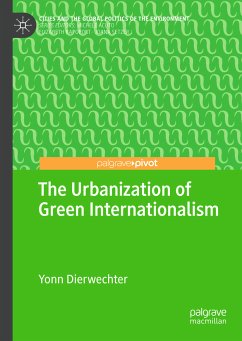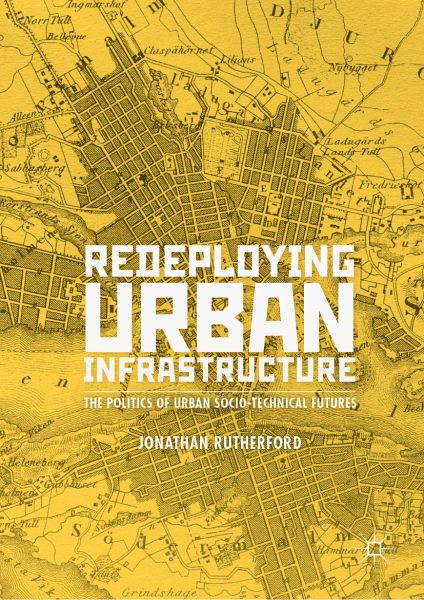
Redeploying Urban Infrastructure (eBook, PDF)
The Politics of Urban Socio-Technical Futures
Versandkostenfrei!
Sofort per Download lieferbar
68,95 €
inkl. MwSt.
Weitere Ausgaben:

PAYBACK Punkte
34 °P sammeln!
This book explores urban futures in the making, as seen through the lens of urban infrastructure. The book describes how socio-technical arrangements of energy and water provision are being recast in continuing efforts towards realising 'sustainable' transformation of cities. It critically investigates how infrastructure comes to matter by analyzing the shifting capacities and entanglements of diverse actors with these systems, the various means they use to envision, enact and contest changes, and the wide-ranging social and political implications of emerging infrastructure transitions. Drawin...
This book explores urban futures in the making, as seen through the lens of urban infrastructure. The book describes how socio-technical arrangements of energy and water provision are being recast in continuing efforts towards realising 'sustainable' transformation of cities. It critically investigates how infrastructure comes to matter by analyzing the shifting capacities and entanglements of diverse actors with these systems, the various means they use to envision, enact and contest changes, and the wide-ranging social and political implications of emerging infrastructure transitions. Drawing on original research into urban infrastructure debates and projects in Stockholm and Paris, the author develops a novel conceptual framework for studying and acknowledging the active, vital role of infrastructure in constituting a material politics of urban transformation. Straddling the latest theoretical insights and empirical investigation of urban planning practice and socio-technical engineering of systems and flows, Redeploying Urban Infrastructure forges new, timely reflections and perspectives which will be of interest to the growing multidisciplinary community of scholars investigating infrastructure and to academics and practitioners with a concern for understanding the wider politics of urban futures.
Dieser Download kann aus rechtlichen Gründen nur mit Rechnungsadresse in A, B, BG, CY, CZ, D, DK, EW, E, FIN, F, GR, HR, H, IRL, I, LT, L, LR, M, NL, PL, P, R, S, SLO, SK ausgeliefert werden.



